Have you ever wondered what goes on in the mind of your wise, whiskered companion as they gracefully age? Watching a once-feisty kitten transform into a dignified elder is both heartwarming and bittersweet. Senior cats deserve all the love, comfort, and laughter we can offer in their golden years. Imagine if you could make their twilight purrs even happier and their cozy naps even comfier! Today, we’ll explore 10 lighthearted yet crucial tips to help your beloved feline friend enjoy a truly pawsome retirement.
Stay on Top of Regular Vet Visits
As your cat gets older, those annual vet visits become even more important. Just like people, senior cats are more prone to health issues such as arthritis, kidney disease, or dental problems. Catching these early can make a world of difference. Think of the vet as your cat’s personal health coach, ready to keep them on their paws for years to come. Some cats may protest the carrier, but bribing them with treats afterward can turn the adventure into a positive memory. Don’t forget to ask your vet about any subtle changes you’ve noticed—no question is too small when it comes to your furry family member.
Adjust Their Diet for Senior Needs
Older cats have different nutritional needs than their younger counterparts. Their metabolism slows down, and they might need extra nutrients or fewer calories to keep up a healthy weight. Many pet food brands now offer special “senior” formulas designed to support aging bodies, with added vitamins, joint supplements, and easy-to-digest proteins. Watch for changes in appetite or weight, as these can signal health issues. If your senior cat starts turning up their nose at meals, try warming up the food or switching to a softer texture. Remember: dining should always be a delicious, stress-free event!
Keep Water Bowls Fresh and Accessible
Hydration is hugely important for older cats, especially since they’re prone to kidney issues. Some senior felines become a bit lazy about drinking water, so make it easy for them. Place several water bowls around the house, and refresh them daily. Consider a cat fountain—many cats find moving water irresistible, like their own private spring! If your cat loves a little drama, let them watch you fill their bowl, and they might leap right in for a taste. If you notice your cat drinking more than usual, mention it to your vet, as it could signal a health concern.
Maintain a Cozy, Warm Environment
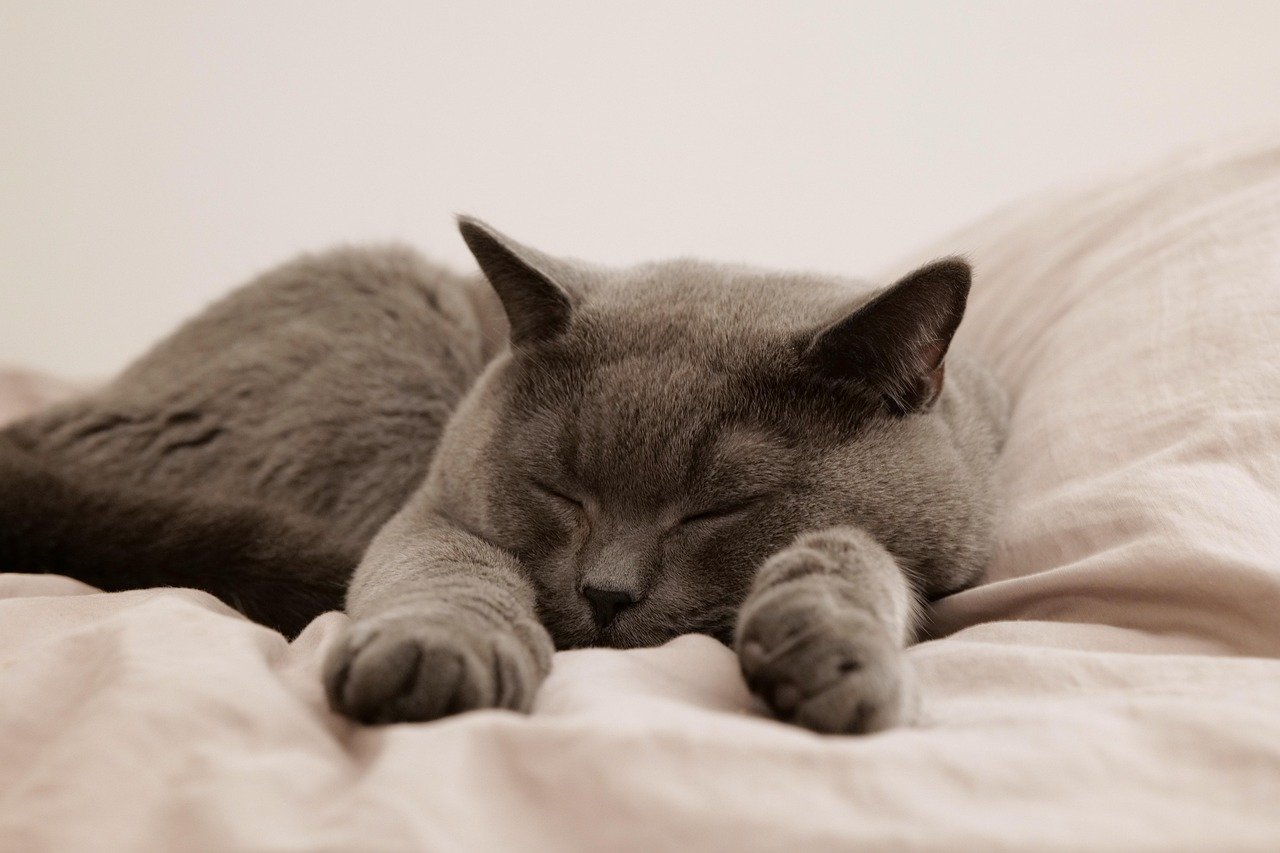
Senior cats love comfort more than ever. Their joints can get creaky, and they’re more sensitive to cold. Make sure your cat’s favorite sleeping spots are soft and warm—think plush beds, fleece blankets, or even a sunny windowsill. Raised beds help cats with arthritis climb in and out more easily. If your home gets chilly, consider a heated pet pad or a well-placed blanket. Your old friend might spend more time snoozing in their golden years, so creating a cozy retreat is an act of pure love.
Encourage Gentle, Regular Exercise
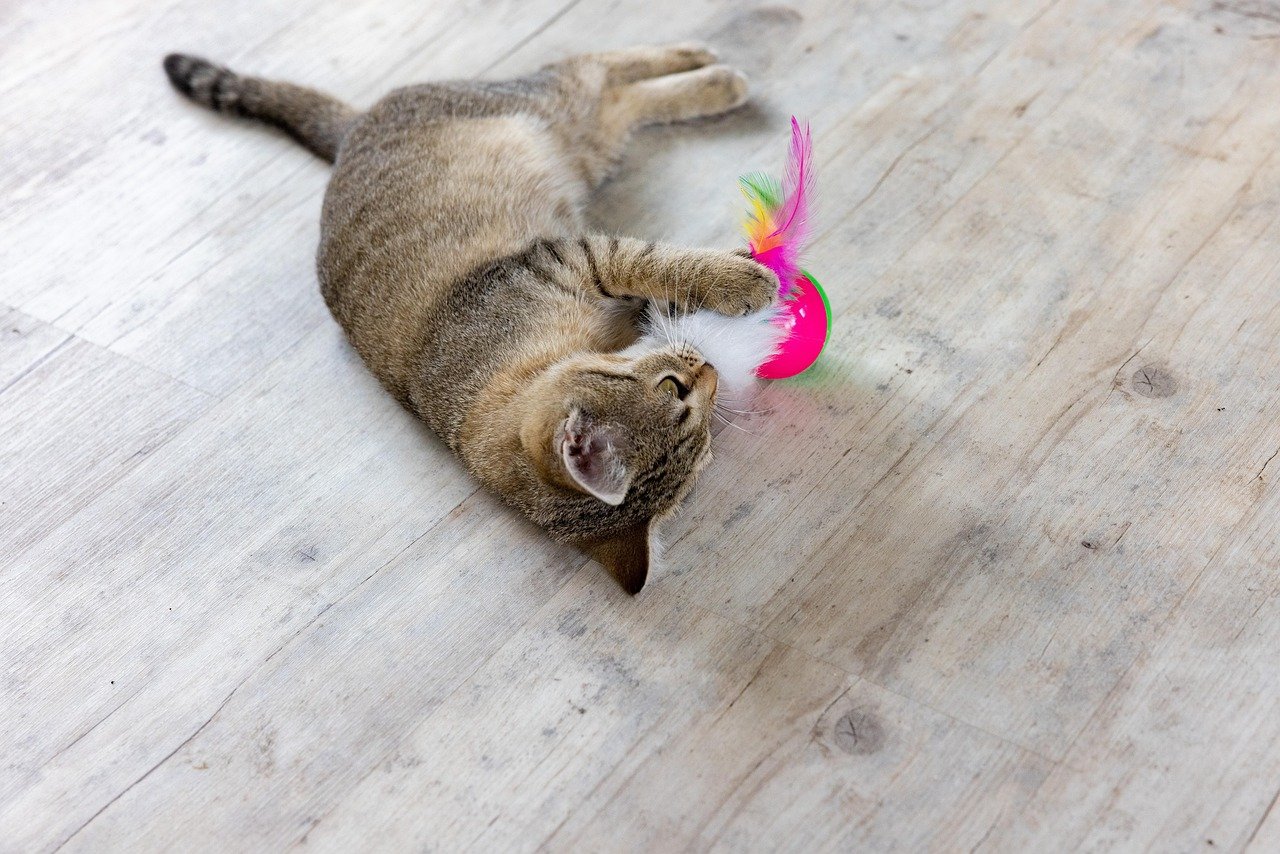
Even if your senior cat has slowed down, a bit of daily play is still vital. Exercise helps keep their muscles strong and joints flexible, not to mention it’s a great mood booster. Opt for gentle toys like feather wands or soft balls—no need for acrobatics. Set aside a few minutes each day for interactive play, adjusting the pace to your cat’s comfort level. Sometimes, just chasing a crinkly wrapper or stretching on a scratching post can make your cat feel young at heart again. Think of it as their daily yoga class!
Create Easy Access to Favorite Spots
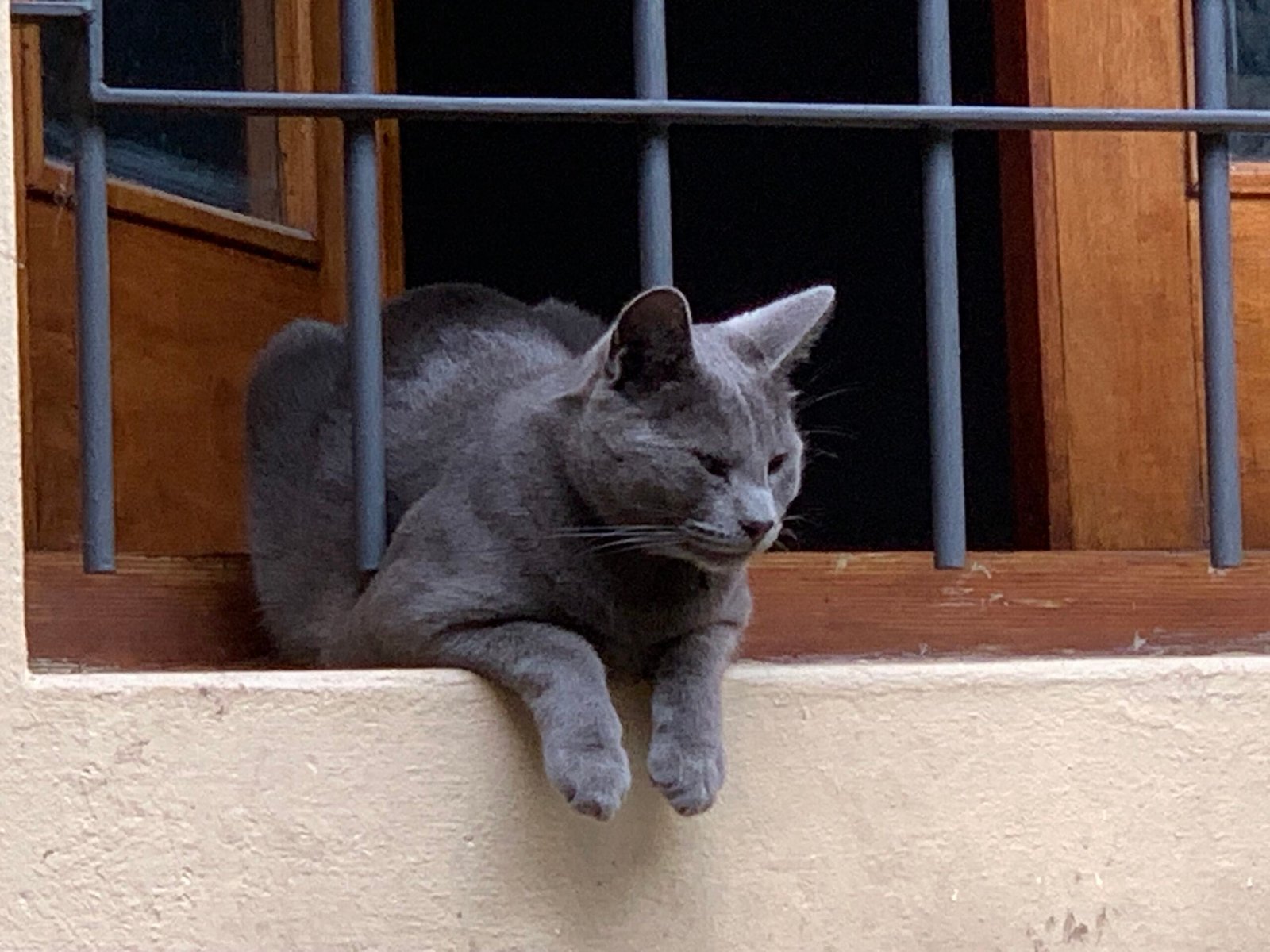
Jumping up to windowsills or climbing tall cat trees might become tricky for senior cats. A few simple changes can help: place ramps or pet stairs near their favorite perches, or move bedding to lower, more accessible spots. Even rearranging furniture can make a big difference. Watch how your cat navigates their world—if they hesitate before making a leap, that’s your cue to help. By making their daily environment easier to navigate, you’re giving your senior cat the independence they cherish.
Focus on Dental Health
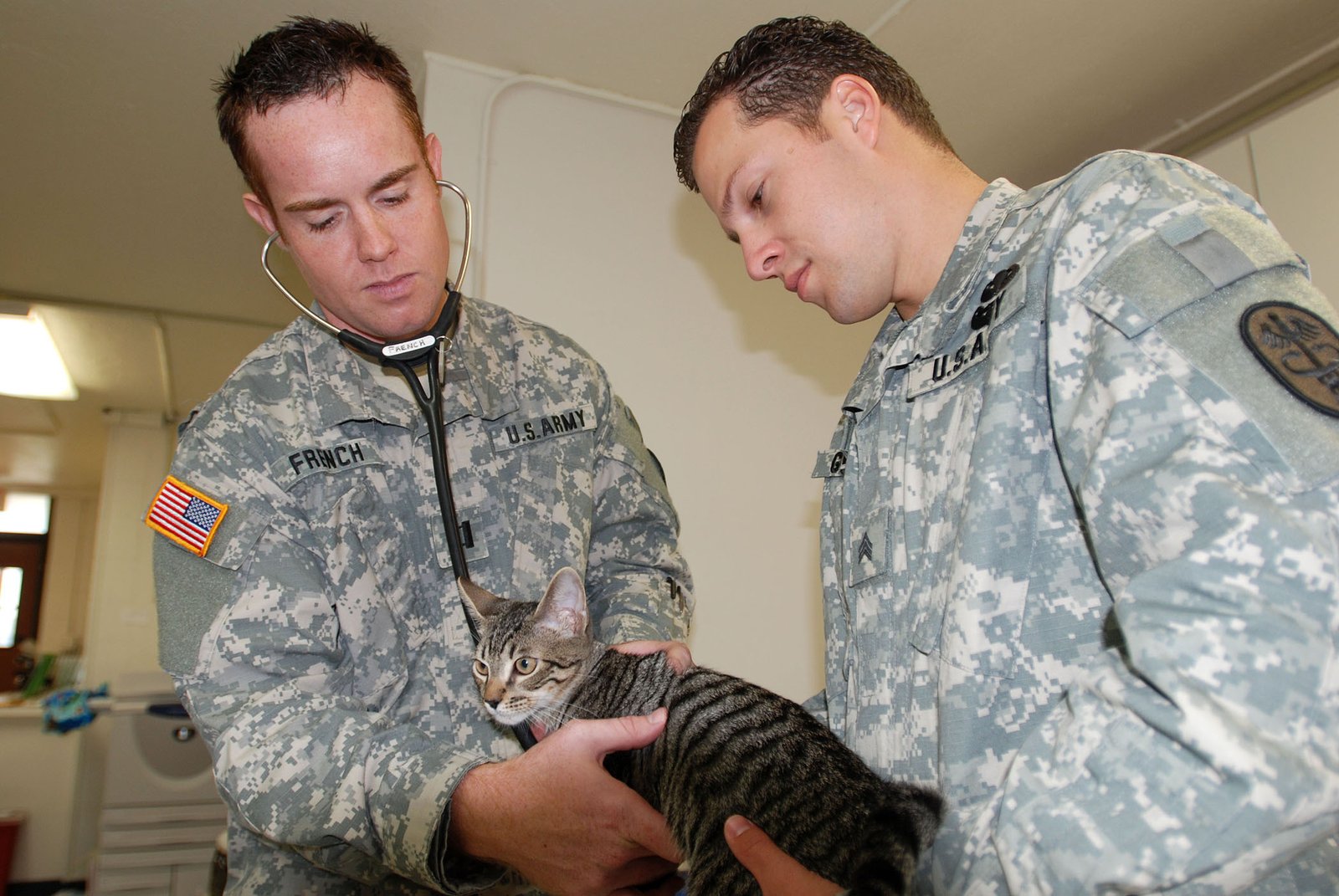
Dental problems are common in older cats but often go unnoticed. Bad breath, drooling, or reluctance to eat crunchy food can be signs of trouble. Brushing a cat’s teeth might sound like a wild idea, but even a few gentle swipes with a pet toothbrush can help. Dental treats or special diets may also support oral health. If your cat’s mouth seems sore, schedule a vet check—untreated dental issues can lead to pain and other health problems. Remember, a healthy mouth means happier mealtimes and even more purrs!
Monitor for Behavioral Changes
Older cats may act differently as they age, and it’s important to keep an eye out for any new quirks. Is your usually social cat hiding more, or has their litter box routine changed? Sometimes, behavior shifts are the first sign of a medical issue. Don’t dismiss changes as “just old age”—talk to your vet. On the flip side, a senior cat may also become more affectionate, seeking extra cuddles and company. Embrace these moments and enjoy the deepening bond with your furry friend.
Offer a Little Extra Grooming Help
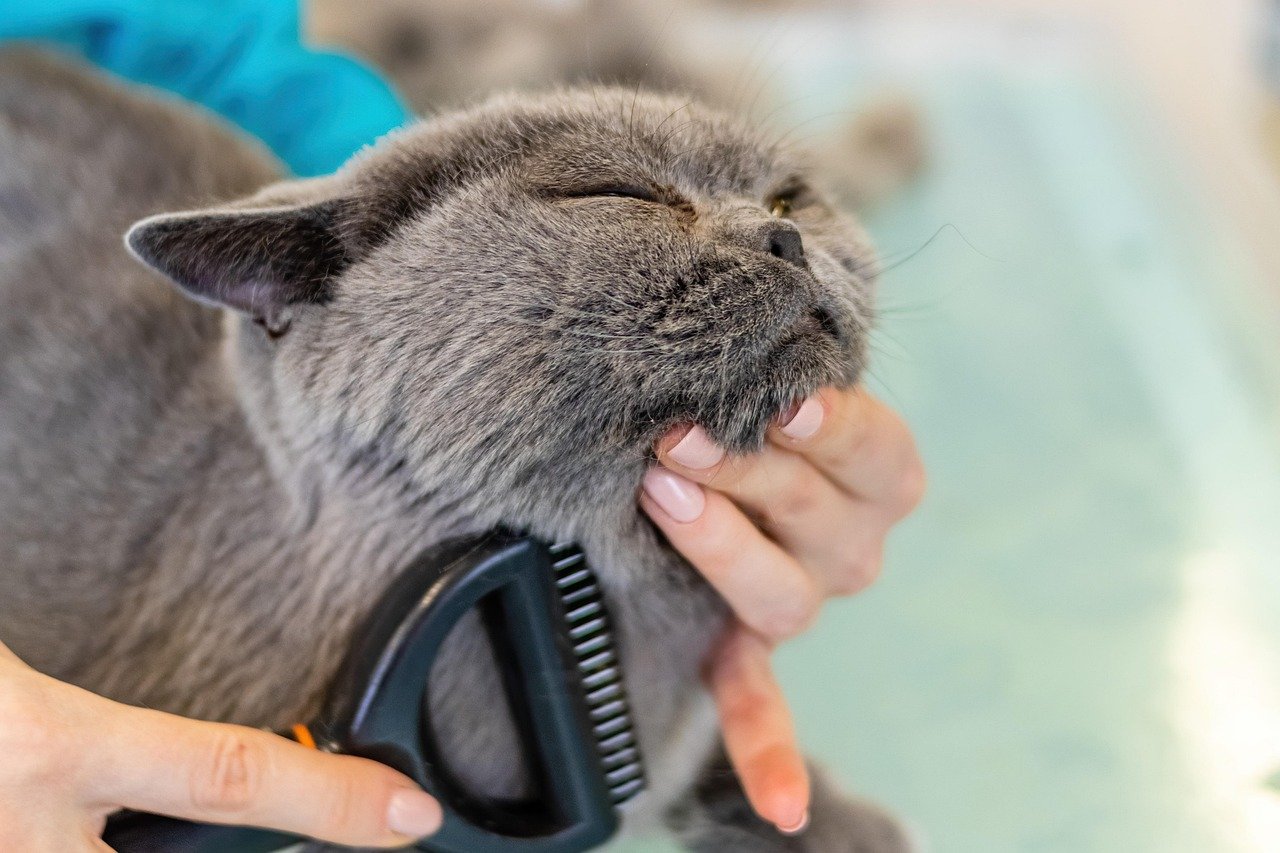
Senior cats sometimes struggle to keep up with grooming, especially if they have arthritis or mobility issues. Lend a helping hand with regular brushing, which not only keeps fur tidy but also feels soothing and comforting. Longhaired cats especially appreciate help with mats and tangles. Grooming sessions are a wonderful time to check for lumps, bumps, or sore spots. Plus, it’s a gentle way to connect—a quiet moment that says, “I love you,” without a single word.
Shower Them With Love and Patience
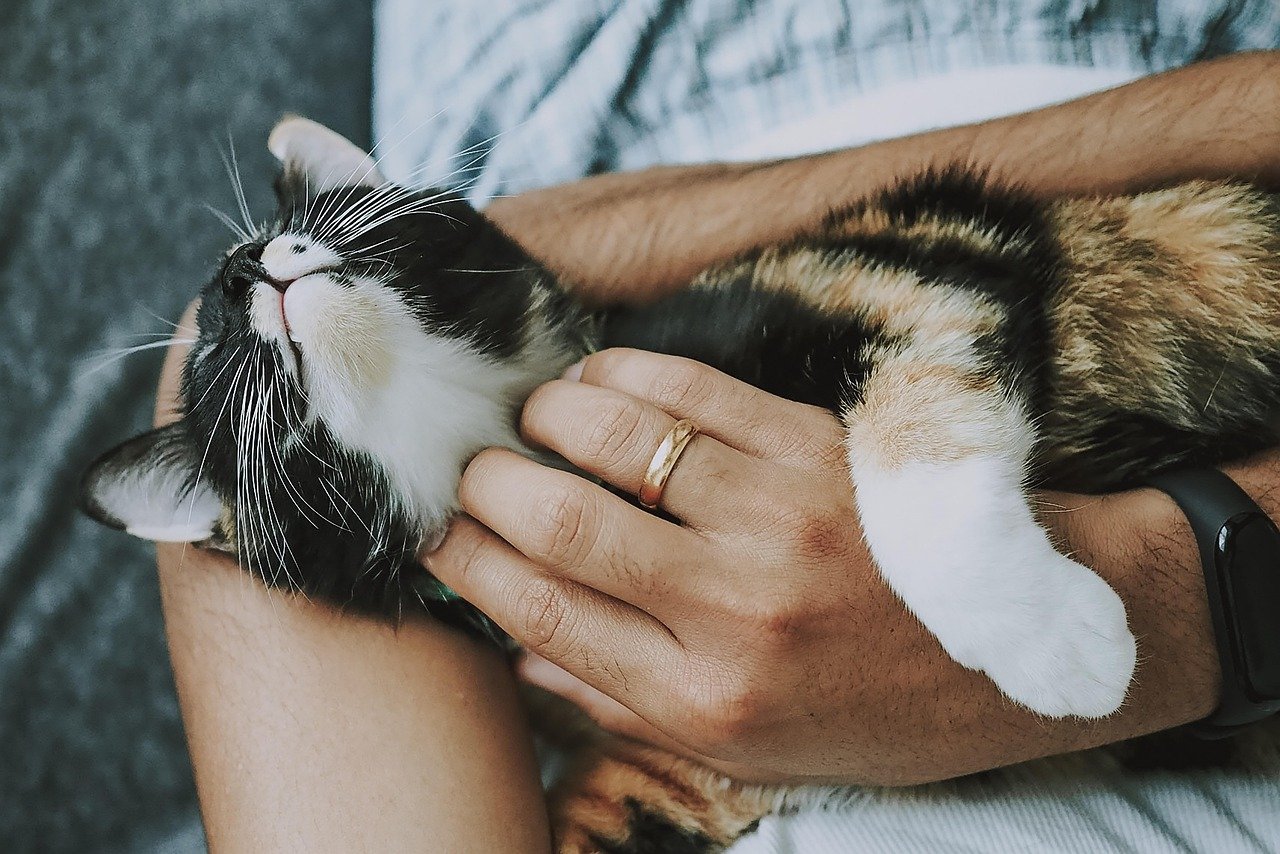
Above all, cherish the time you have with your senior cat. Their needs might change, but their love for you never fades. Be patient when they move slower or need more attention. Offer gentle strokes, soft words, and plenty of reassurance. Celebrate your cat’s unique personality and all the years of joy they’ve given you. Sometimes, simply sitting together in the quiet is the most meaningful gift you can give. And as you care for your senior cat, you just might find they’re caring for your heart in return.





